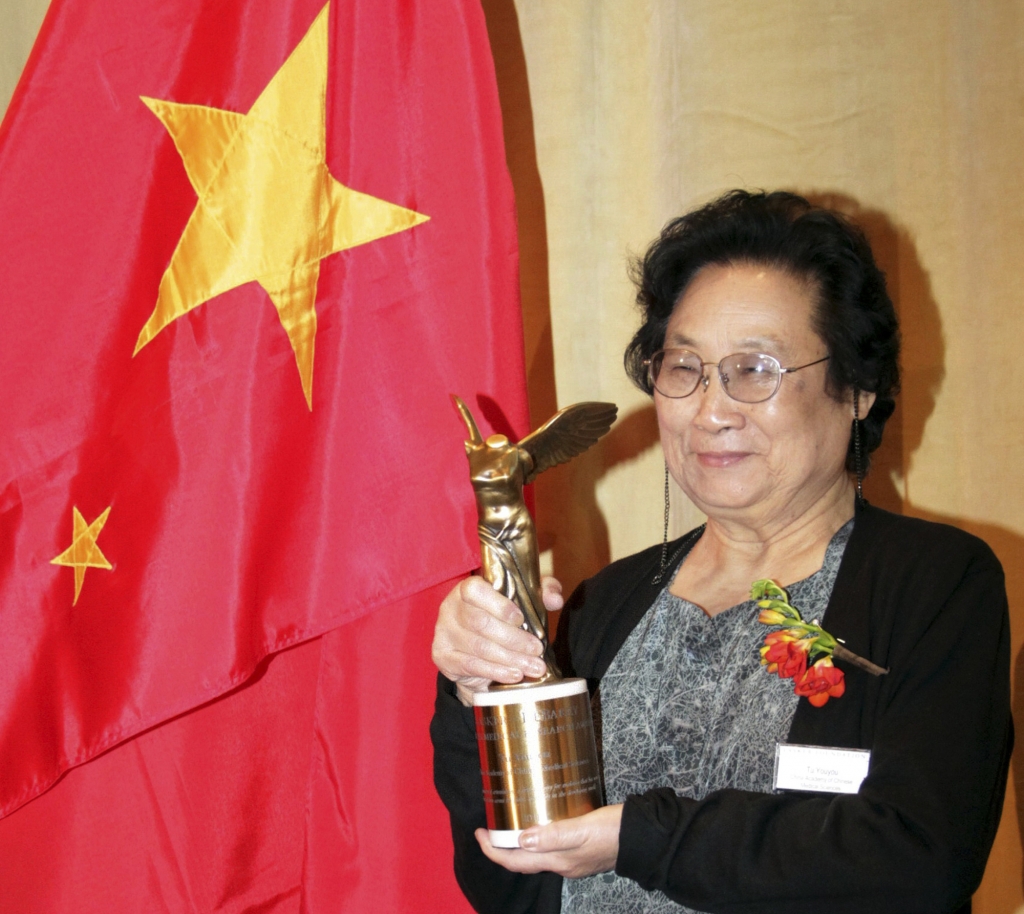-
Tips for becoming a good boxer - November 6, 2020
-
7 expert tips for making your hens night a memorable one - November 6, 2020
-
5 reasons to host your Christmas party on a cruise boat - November 6, 2020
-
What to do when you’re charged with a crime - November 6, 2020
-
Should you get one or multiple dogs? Here’s all you need to know - November 3, 2020
-
A Guide: How to Build Your Very Own Magic Mirror - February 14, 2019
-
Our Top Inspirational Baseball Stars - November 24, 2018
-
Five Tech Tools That Will Help You Turn Your Blog into a Business - November 24, 2018
-
How to Indulge on Vacation without Expanding Your Waist - November 9, 2018
-
5 Strategies for Businesses to Appeal to Today’s Increasingly Mobile-Crazed Customers - November 9, 2018
Three Scientists from Ireland, Japan and China Won Nobel Prize in Medicine
The prestigious prize, announced by the Nobel Committee during an event at the Karolinska Institute in Stockholm on Monday, recognised the many years of research by 80-year-old Satoshi Omura, 85-year-old Youyou Tu and 85-year-old William C. Campbell in helping study vaccines for deadly diseases of the developing world.
Advertisement
William Campbell, an Irish-born researcher now living in New Jersey, and Japan’s Satoshi Omura, won for their discovery of avermectin, which was eventually developed into the drug ivermectin. The Nobel committee says Artemisinin represented “a new class of antimalarial agents that rapidly kill the Malaria parasites at an early stage of their development, which explains its unprecedented potency in the treatment of severe Malaria”.
Campbell and Ōmura discovered the drug Avermectin, a modified form of which has dramatically reduced cases of river blindness and lymphatic filariasis/elephantiasis.
Dr. Tu was credited for her discoveries concerning a novel therapy against Malaria.
The $960,000 prize in physiology or medicine is the first of the Nobel prizes awarded each year.
The work of these Nobel laureates could eliminate diseases affecting up to 3.4 billion people. An eradication program led by the World Health Organization using the donated drug has been underway since 1987. Tu has no doctorate degree, has not studied overseas and hasn’t received membership in the China’s Academy of Sciences.
“I have learned so much from microorganisms and I have depended on them, so I would much rather give the prize to microorganisms”, Omura told NHK, Japan’s national broadcaster.
Ge Hong, a fourth-century physician, alchemist and herbalist, wrote a “handbook of prescriptions for emergencies” in 340AD that included a key passage on how to treat malaria with an extract made from the sweet wormwood shrub, Artemisia annua. The drug has also shown efficacy against a growing range of other parasitic diseases.
The Nobel Committee called malaria’s fatality rate “significantly reduced” by artemisinin.
An illustration describing the research of Nobel Medicine Prize victor Youyou Tu.
Colin Sutherland, reader in parasitology at London School of Hygiene and Tropical Medicine, said that the impact of artemesinin had been profound. Back then, may children around the world used to be affected by this disease and die. In his congratulatory letter, Li noted that “Tu’s winning the prize signifies China’s prosperity and progress in scientific and technological field, marks a great contribution of traditional Chinese medicine to the cause of human health, and showcases China’s growing strengths and rising worldwide standing”.
Advertisement
A separate ceremony is held for the peace prize on the same date in Oslo, which Nobel wanted to include in his initiative because Norway and Sweden were joined in a union when he created the prizes.




























